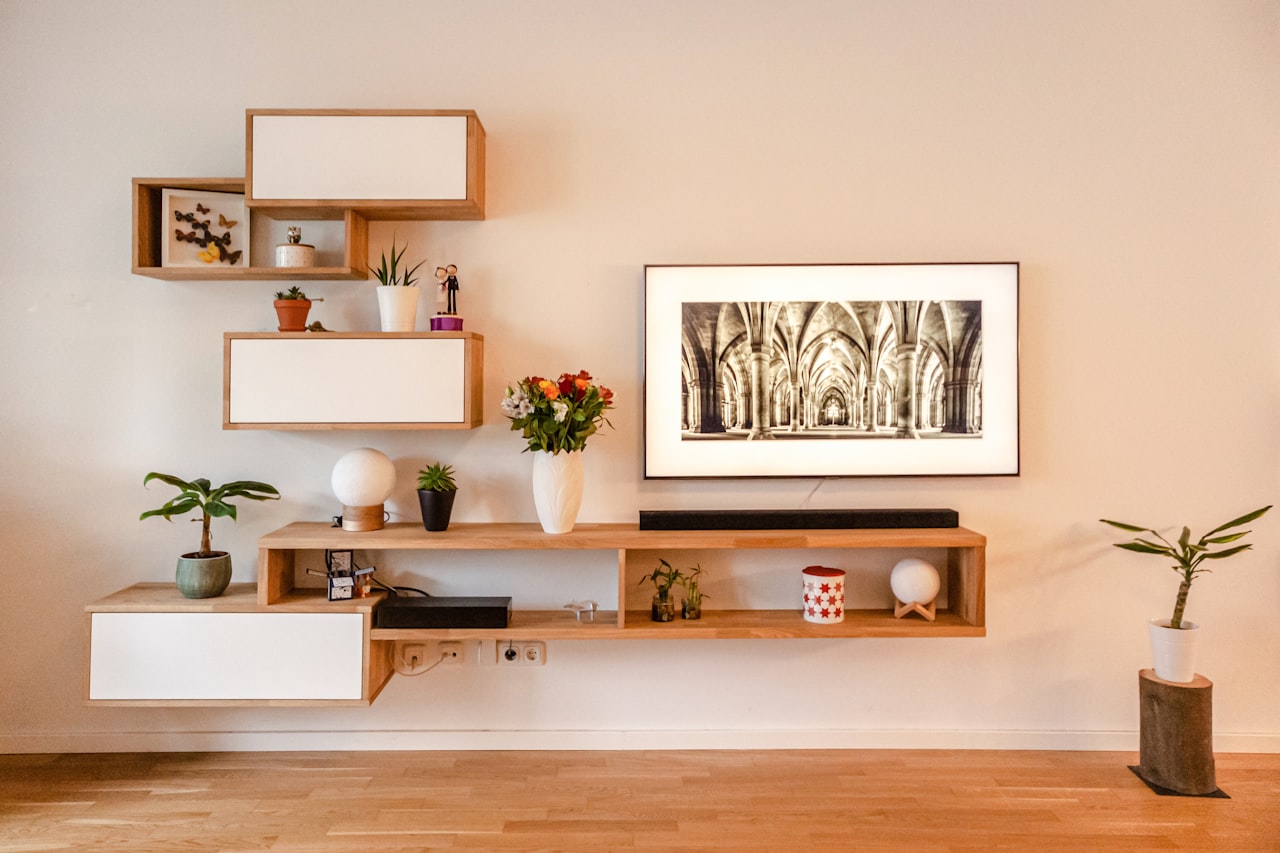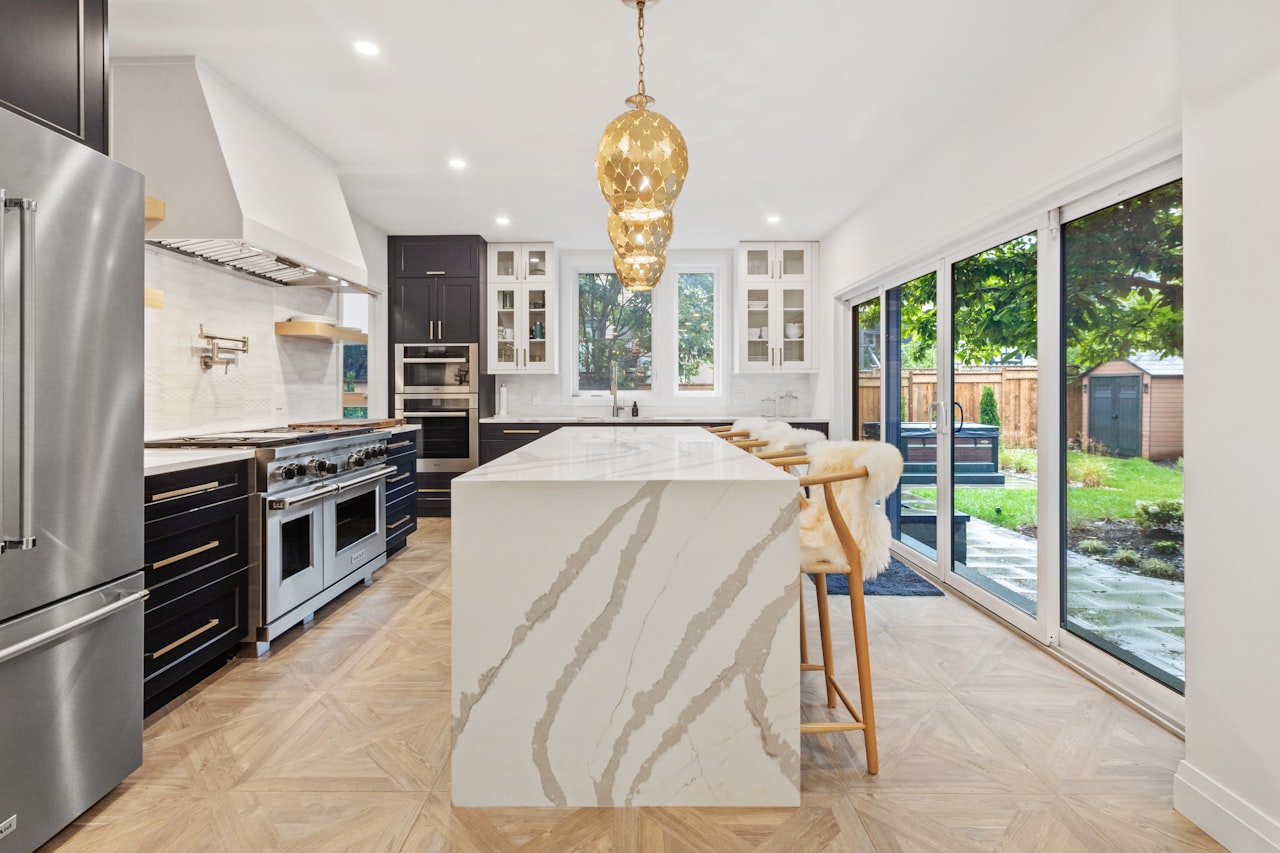As a homeowner, you’ve likely heard the term “equity” tossed around quite a bit—but what does it actually mean, and why is it so important? Simply put, equity is the difference between your home’s market value and what you owe on your mortgage. It’s a powerful tool that can help you secure financial stability, fund major life expenses, or invest in your future.
Building equity isn’t an overnight process, but with a little strategy and patience, you can steadily grow this valuable asset. Here are five practical ways to build equity in your home over time.
1. Make Extra Mortgage Payments
One of the simplest ways to build equity is by paying down your mortgage faster. Making even one additional payment per year or rounding up your monthly payments can make a significant impact over time. By chipping away at your principal balance, you’re reducing what you owe and increasing your ownership stake in the home.
Pro Tip: Check with your lender to ensure extra payments are applied directly to your principal, not just your next scheduled payment.
2. Invest in Home Improvements
Strategic renovations and upgrades can increase your home’s market value, which in turn boosts your equity. Projects like a kitchen remodel, updated bathrooms, or adding energy-efficient features often provide the best return on investment.
But remember, not all improvements are created equal. Focus on enhancements that align with your neighborhood’s standards—over-improving can lead to diminishing returns.
3. Let Time Work Its Magic
Homeownership is a long game, and time is one of your greatest allies. As property values rise, so does your home’s market value—and your equity along with it. While you can’t control the market, choosing a property in a desirable location with good potential for appreciation can set you up for long-term gains.
I moved to Colorado looking for a change of scenery, and discovered an unexpected lesson in just how important location is in real estate. People move for more than just the house–they move for the lifestyle. Colorado brought me a sense of adventure I had been craving. It’s no surprise that properties in sought-after areas tend to see more significant value appreciation.
4. Refinance Your Mortgage (Wisely)
Refinancing can help you build equity faster if you secure a lower interest rate or switch to a shorter loan term. While your monthly payments might increase with a shorter term, more of each payment will go toward reducing your principal balance.
That said, refinancing isn’t always the right choice for everyone. Be sure to crunch the numbers and consider factors like closing costs and how long you plan to stay in the home before deciding.
5. Avoid Taking Out Home Equity Loans Unnecessarily
While home equity loans and lines of credit can be useful in certain situations, they effectively reduce your equity by increasing your debt. Use them sparingly and only for purposes that can enhance your financial position–like funding renovations that will increase your home’s value.
Maximizing Your Home's Potential for the Future
Building equity in your home is about making smart financial decisions and allowing time to do its part. Whether you’re looking to leverage your equity for future investments or simply want the peace of mind that comes with growing wealth, these steps can set you on the right path.
As someone who’s personally navigated the ups and downs of buying, selling, and improving homes, I understand how rewarding it is to see your efforts pay off—literally. If you’re curious about how your property stacks up in today’s market or want to discuss ways to maximize your home’s potential, don’t hesitate to reach out.
Let’s work together to make the most of your real estate journey. Building equity is just the beginning of what your home can do for you.



































































































